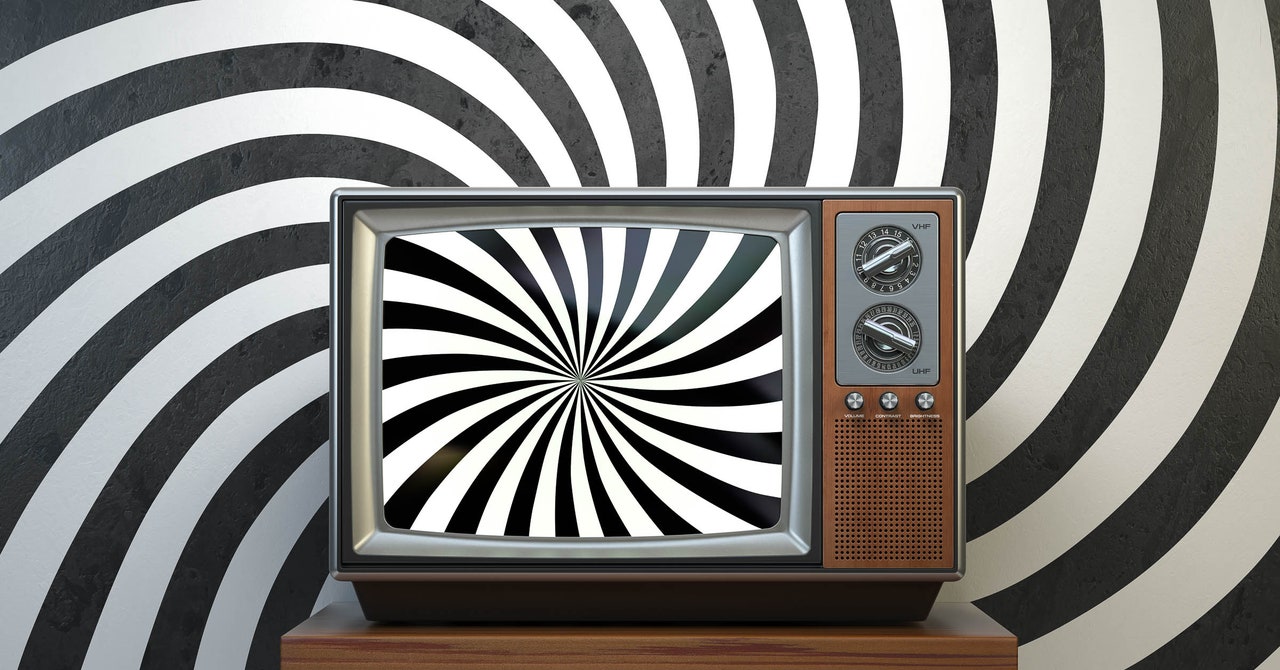“Story is the world’s first virtual reality, minus the geeky visor,” says Cron. “They’ve done fMRI studies that show when you’re lost in the story, the same areas of your brain light up as if you were doing what the protagonist is doing.”
This explains why despite having nothing in common with war veteran David Budd in Bodyguard, I wept with relief when he finally sought out treatment for his PTSD.
“We’re affected by stories every minute of the day, and almost always we’re not aware of it,” said Cron.
Therefore, we can uncover hidden feelings and desires and learn unexpected lessons when we allow ourselves to watch a movie we’re drawn to. For example, I had long known that in every Korean series or movie, there is always a struggle between the haves and the have-nots. Think of Parasite, Crash Landing on You, and Itaewon Class. It’s a national obsession. But recently I noticed that even when I’m watching American films and series, I’m attracted to the parts that portray class struggle, even when it is not central to the story, as in Gilmore Girls, White Lotus, or Knives Out. As a result, I’ve started to be more conscious of how I perceive and relate to others whom I perceive as richer or poorer than me.
Meanwhile, one client began to understand why she found predictable rom-coms so relaxing and appealing. After spending her day mediating conflicts between warring parties at work, she appreciates not only that the endings are happy but that all the loose ends are neatly tied. Now, rather than be embarrassed by what she is watching, she gives herself permission to enjoy her evening and nourish herself rather than go to bed defeated and depleted.
How to Capitalize on Your Binge-Watching
It’s easy to get started.
First, make a simple record of what you watched. Record the date, the title, and maybe the episode number. If you have a bit more time, add some notes to remind you of what you saw.
Another way to get started with this exercise is to start a list of shows you recall enjoying in the past.
Then, later, maybe the next morning, take a few moments to answer some questions:
- What part, if any, did you most enjoy?
- What, if anything, captured your attention or curiosity?
- When did you feel any strong emotions? (This was suggested by Storr.)
Keep your answers short to make this easy. You may find as you go that you’d like to record other information relevant to you. For example, if you find you love watching cooking shows, you may want to make note of a technique you want to try. You may also want to start a separate list of titles you want to watch next.
After a couple of weeks or more, take a moment to look back at what you’ve captured. Look for themes and through lines. Then, explore ways to go deeper. For example, you may find that you want to do some research about the protagonist or actor, about different ways similar stories are told, or more about the subject matter.


